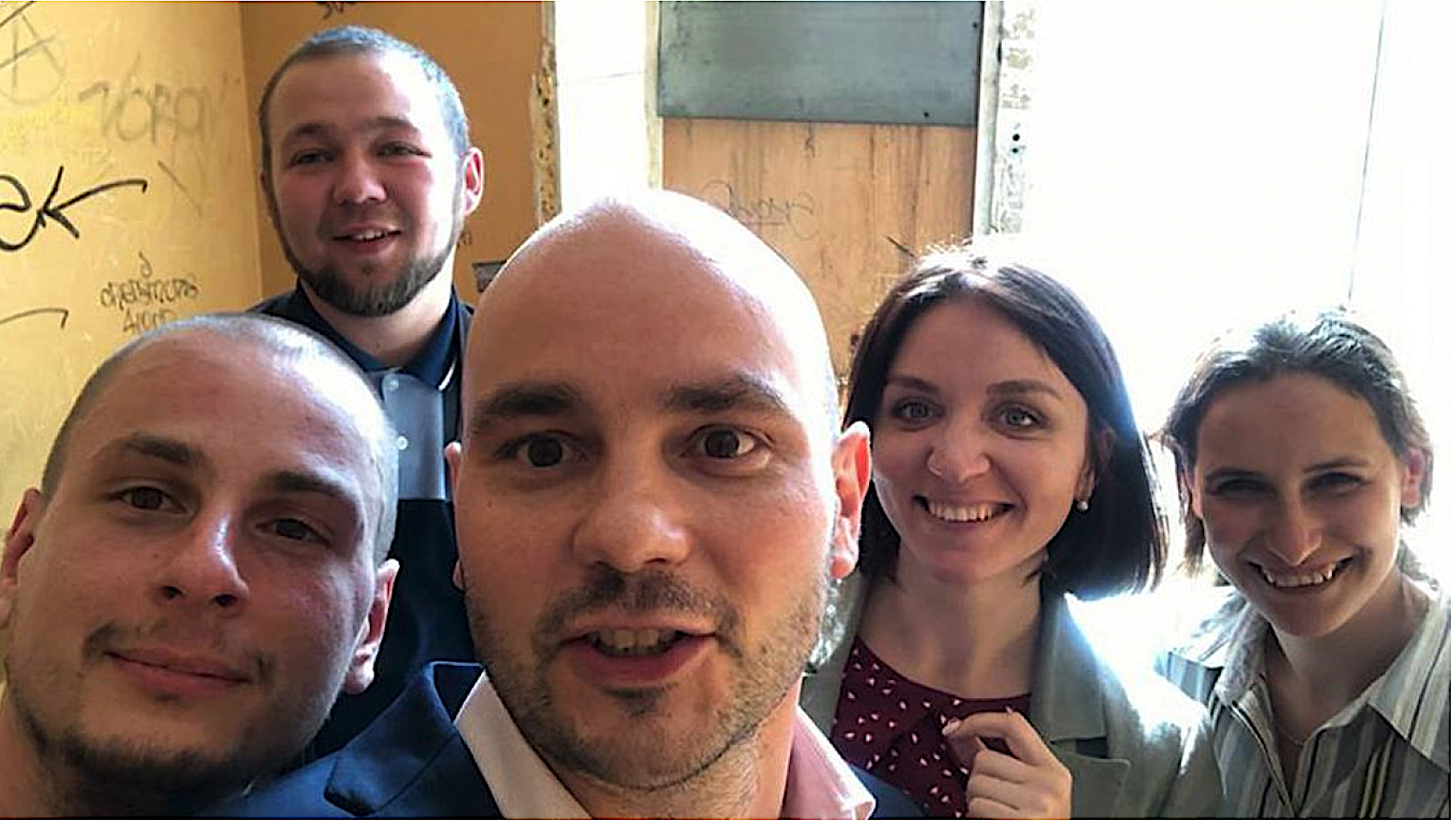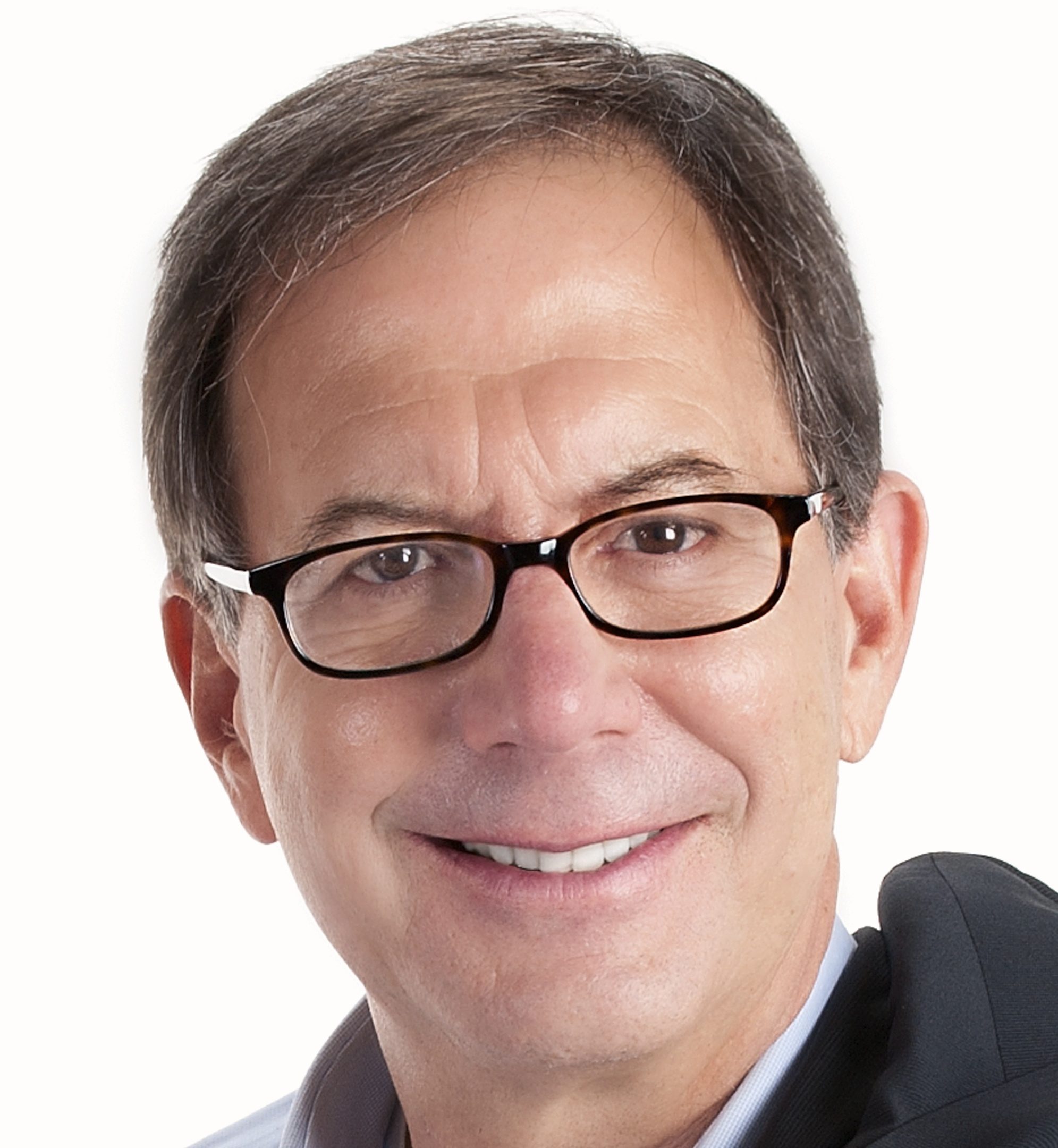
I recently came back from a six-day trip to Moscow where I spoke on October 7 at the MTT Forum.
Since I returned, I have been avoiding most Americans I know.
Why?
I’m wanting to extend the “halo effect” of the widespread lack of unhappiness I discovered in Russia just a little more.
During my trip I had the good fortune to interact with a wide range of regular Russian people – not including politicians or ambitious/aggressive business types – and although I didn’t necessarily find them to be exuding happiness or excitement (I wasn’t around any sporting events either), I did find them to have very little unhappiness.
This I found to be in stark contrast to many if not most Americans I know. It’s true that I see Americans as possessing more capacity for fleeting and mercurial excitement and fun, but these experiences are increasingly short lived and default to not just malaise, but genuine unhappiness.
I think I discovered one possible cause of the unhappiness in Americans.
That cause is “entitlement.”
Show me someone who is unhappy – and I’m not referring to living in awful circumstances such as poor health or homelessness – and I’ll show you someone who is often feeling entitled to more than they have or entitled to something sooner than it is possible and often feeling disappointed.
I found entitlement to be largely absent in the Russia people I interacted with. Now it’s possible that since I appear to be somewhat famous in Russia – as opposed to in America – I may have not experienced entitlement because the people I met appeared to be pleased that I was interacting with them and to be genuinely interested in them.
In fact, the people who were accompanying me were surprised when I had them take me to where poorer Russians in Moscow lived. What I saw were very clean, marginally run-down (as opposed to what we see in America), high rise residential neighborhoods with no homelessness nor a sense of danger from crime. Again, I visited during the day so I cannot say what the situations were like at night.
Following the advice of my deeply missed mentor, Warren Bennis, to “be more interested, than interesting and more fascinated, than fascinating,” perhaps my interest in them caused them to feel more enthused than they were used to feeling.
Nevertheless, many Russians told me that they generally don’t feel entitled to more than life gives them and are instead appreciative and do not take for granted the universally free healthcare, absence of homelessness, and stability of the country that they have experienced since Putin took over after Yeltsin (this blog is not meant to be pro- or anti- Putin, but is solely focused on why Russians seem to be less unhappy than Americans).
The obvious explanation for this point of view is that Russia has been through many harsh decades and the relative safety and security they feel now is much more than they are used to.
Something else I observed, and many Russians commented on, was the greater sense and romanticizing of individualism in America compared to the Russian contentment to do things in teams. I think that individualism in America often leads to feelings of jealousy and envy (even towards “friends”) and the shame because of that can compound unhappiness.
A final thing I noticed, that was relevant to me as an author of several books (and multiple best sellers in Russia which is why they had me speak), is that Russia is still very much of a “reading” country. People enjoy reading and deep reading of authors like Dostoyevsky and Tolstoy. As a result, I believe they enjoy deeper and more meaningful conversations than Americans currently have and as a result I believe the emotional and psychological connections between Russians are deeper than between Americans.
Don’t get me wrong. In closing, I am not against “thriving” and it certainly is preferable to merely “surviving.”
My only concern is that if we make “thriving” the standard instead of an ideal, we run the risk of continually feeling more entitled than what life on a day to day basis has for us.
As long as those who are “existing” are constantly made to feel “less than” and even shamed by those who are continually and even compulsively “thriving,” many Americans will continue to feel unhappy.
Now you’ll have to excuse me as I retreat to my humdrum and decidedly “mediocre” life since I need a break from thriving by pushing out this column.

